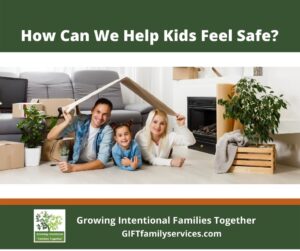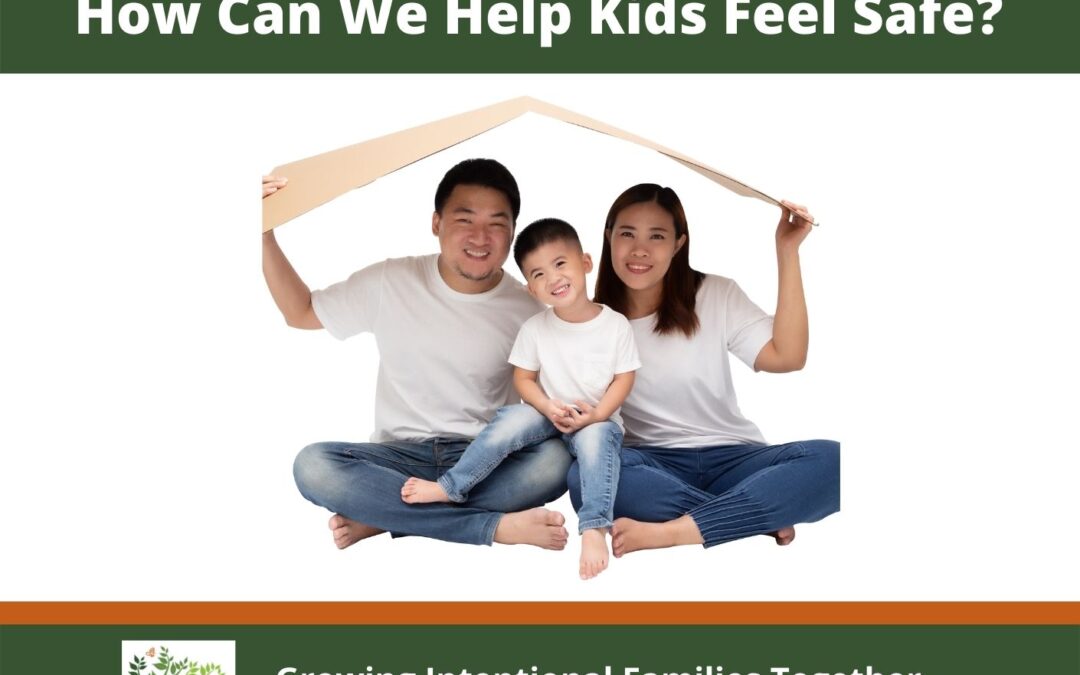 Human beings have a primal need for “felt safety.” This need is intensified in adoptees. According to Maslow’s hierarchy, the need for safety is second only to the need for food and shelter. When we feel afraid, our need to achieve safety is further magnified. Our world is currently experiencing many events that make children and adults afraid. War, pestilence, and violence reverberate through our daily lives. Horrifying events dominate our screens and devices.
Human beings have a primal need for “felt safety.” This need is intensified in adoptees. According to Maslow’s hierarchy, the need for safety is second only to the need for food and shelter. When we feel afraid, our need to achieve safety is further magnified. Our world is currently experiencing many events that make children and adults afraid. War, pestilence, and violence reverberate through our daily lives. Horrifying events dominate our screens and devices.
In some cases, these events happen at a distance–in another country, another state, another neighborhood. To deal with the fear, we process it as something that happens to others. Even while we empathize with their plight, we reassure ourselves that it could never happen to us, our families, our schools, our towns, etc.
To prevent ourselves from being overwhelmed by fear and despair, we create a mental bubble, turn off the news, and scroll quickly by the distressing posts. This is understandable. Of course, we need a break from the fear. We know our kids need to feel safe so they can grow, study, and enjoy the gift of life. Perhaps we tell ourselves that we have a duty to shelter our kids from the burdens of contemporary life: of local violence, of international violence. This is true.
At the same time, we cannot fool ourselves into thinking that turning off the media and tuning out, will have any effect on the very real dangers that face our children, in our neighborhoods, our schools, our country, and our world. According to Albert Einstein, insanity is doing the same thing over and over and expecting different results. Thus, it is predictable that until we do something different, we will get the same results.
What can we do? What will we do?
First, talk about these events with your kids. They need accurate information from you–not from other kids or from un-vetted online sources. Tell them what you are doing to ensure their safety and to create change that will increase their safety. Here are a few other things you can do:
- Calm yourself before talking with your kids. They need to draw on your strength.
- Be truthful, accurate, and reassuring.
- Together, determine people to whom they can turn in a crisis when you are not present.
- Talk about why you trust these people.
- Discuss how they can make their “worlds” (families, schools, neighborhoods) a happier safer place for everyone in it.
- Describe the safety measures their schools have in place.
- With your older kids, talk about disinformation and how they can identify and debunk it.
- Revisit these conversations; this will not be a once-and-done discussion.
- Check out these resources from the American School Counselor Association.
Helplessness magnifies fear so take some shared, age-appropriate family actions. For example, participate in community activities like contributing to your local food bank, participating in beach clean-ups, or something similar in your geographic region. Providing kids with concrete ways to build and support their communities helps to reduce their feelings of helplessness.
Be vigilant about the way you speak in your home. Your kids are listening and taking their cues from you. Be respectful. Don’t name-call or belittle others. Model kindness, helpfulness, and community-mindedness. Ensure that your speech as well as your actions reflect your family values. Rely on facts, not hearsay. Verify any information you share in person or online. Misinformation and disinformation make it harder to forge solutions and determine appropriate actions.
We can all make a difference one interaction at a time and it will take the collective action of all of us to shift the current climate that spawns this tide of violence and hate.
__________________________
- Call us at 1-800-653-9445
- Listen to our podcasts: Adoption Matters: Real People. Real Life. Real Talk and Essentials of Adoption Attuned Parenting
- Watch our YouTube channel
- Read Books written by our coaches
- Click to learn more about Adoption Attuned Certified coaching!



